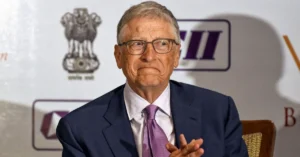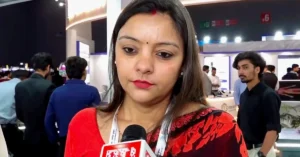For a couple of days at least, news and rumours around social media ban in India is surfacing briskly. A big chunk of people especially the fans of Bollywood actress Kangana Ranaut were already resentful of Twitter for banning her account, the fresh news has elevated the wildfire even higher.
It is being said that many social media networks including the legacy ones like Twitter, Facebook, WhatsApp will be banned in India from 26 May onwards. The reality is, these social media players will face a ban only if they do not comply with the new Information Technology guidelines laid down by the Government of India which will come into effect from May 26.
Except Koo, India’s answer to Twitter, none of the other social media players have yet complied with the new IT rules. Back in February, the government asked Facebook, Twitter, WhatsApp, and Instagram to comply with the new IT rules.
Koo has notably garnered big-time hype after the Twitter account ban of the actress Kangana Ranaut.
Facebook has recently commented that the social media giant is working on implementing the news process in line with the new IT rules.
About new Information Technology rules
According to a latest report by Hindustan Times, the new rules require social media platforms to follow additional due diligence and require them to appoint a chief compliance officer, nodal contact person and resident grievance officer. Officials from the ministry of information technology who are familiar with the developments told news agency PTI that it is necessary for social media giants to comply with the new rules as public interface for complaints and due to the need for an acknowledgement system for requests.
If Facebook, Twitter, Instagram and WhatsApp Messenger do not comply with the rules these social media giants could lose their intermediary status. Due to the intermediary status, they are exempted from liabilities for any third-party information and data hosted on their platforms.
The new rules focus on provisions around voluntary verification, a 24-hour time limit for removing content flagged for nudity and requires setting up of a time-bound grievance redressal mechanism. It also requires generation of monthly compliance reports, a compliance officer, nodal contact person and resident grievance officer being appointed by the social media platform companies.






